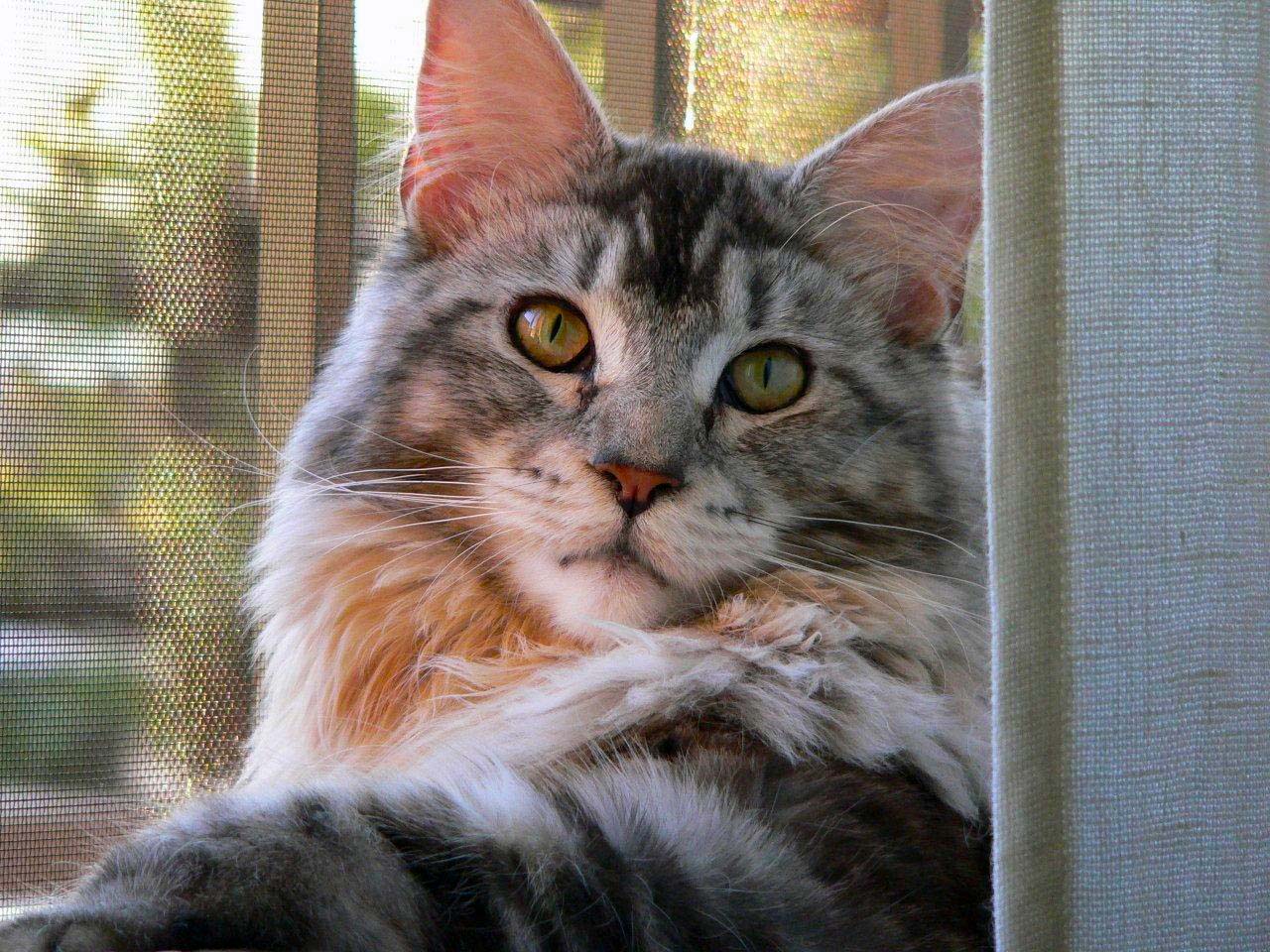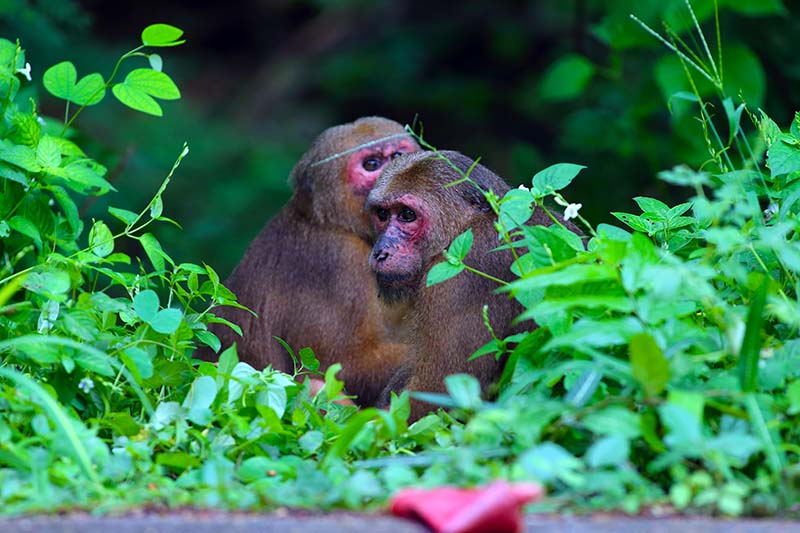1.5-minute read
Clever farmers in Kenya are lighting up the night for the love of lions. Because the big cats need big meals to maintain their body weight, which ranges from 280 pounds for females and up to 450 pounds for males, they are always on the prowl for large prey. In areas where people have settled in close proximity to increasingly fragmented wildlife habitats, lions are roaming into farm communities in search of food, leading to conflict that is contributing to the decline of the iconic African animals. Working alongside conservationists, livestock keepers around Nairobi National Park are implementing a simply ingenious strategy to help lions and farmers peacefully co-exist—the installation of flashing solar lights around livestock enclosures.
The bright idea was originally devised by an 11-year-old school student determined to find a non-violent method to discourage lions from helping themselves to the farm animals that his family depended on for survival. Since lions have learned to associate flashlights with life-endangering night patrols, they steer clear of light-protected enclosures. Now, a growing number of farm communities are successfully employing the light-fright-based technique to protect their livestock. By installing continuously flickering solar-powered LED flashlight bulbs around animal pens, participating farmers were able to reduce night raids by 96%. At a time when lion populations are in decline (43% over 21 years), this is roaring good news.
Paying careful attention to how lions interact with their environment enabled livestock farmers to come up with a simple solution to one of the sticky problems that can arise when humans and wild animals occupy the same space. Local communities and conservationists are continuing to explore innovative ways to live in harmony with wildlife, united in the common purpose of maintaining the healthy functioning of ecosystems and preserving Africa’s precious, natural heritage. Good for people, good for wildlife, good for the planet.




















































